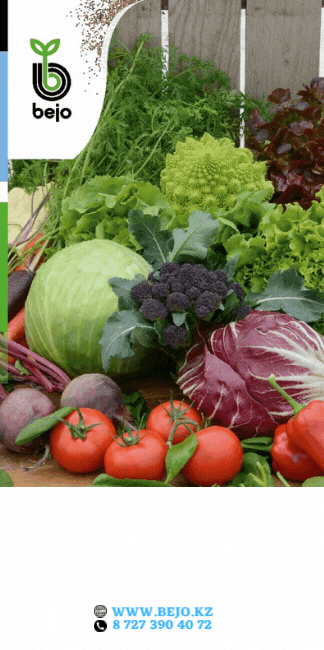
Entrepreneurs in Kazakhstan, from manufacturers to convenience store owners, spoke out against the introduction of compulsory product labelling. They voiced their arguments at a press conference, reports World of NAN, referring to LS.
According to Konstantin Nevzorov, the head of the Alliance of the Association of Producers and the Oil and Fat Association of Kazakhstan, the organization conducted calculations on the impact of labeling on the cost of products.
"Specifically for dairy products, we within the alliance have calculated it all. Amounts were quite unfavorable. It will cost about 10%. Accordingly, we can add fat-and-oil products, those products consisting of both dairy components and vegetable ones. The situation is dangerous there, too," noted Nevzorov.
He recalled the proposal of President Kassym-Jomart Tokayev to postpone the mandatory labeling of goods. But, according to Nevzorov, now the list of goods subject to this procedure, on the contrary, is expanding.
"Pilot projects are launched without a basic calculation of economic efficiency in our market conditions. I would also like to draw attention to the fact that mandatory payments for labeling are, in fact, an additional tax that will be borne by the consumer. The initiative duplicates completely the already existing accounting. It is necessary to preserve the voluntary order of labeling, as it is done in civilized countries," - added the speaker.
According to him, the expediency of labeling should be evaluated from production to retail. And if there is a problem in one of the components, it indicates the complete failure of the entire pilot.
In addition, Nevzorov named the technical aspects against mandatory labeling that manufacturers have.
"Direct application of labeling reduces the speed of production packaging lines up to 10 times on average because of the incompatibility of high-tech equipment with these components that we are offered to label," complained Nevzorov.
In addition, unstable Internet and incomplete coverage exacerbate the situation.
"For a manufacturer, any disruption in production would be fraught with having to shut down the entire line. Up to the point where the entire batch would have to be scrapped simply because of a single failure. This could ruin the business and the production as a whole," the expert explained.
Also, according to him, manual marking is unacceptable for medium and large businesses because of the large volume.
And another proposal to pre-label is also impractical because the time of production and its batch are already stitched on the packaging, which may not coincide with the production process. In addition, most packages in Kazakhstan are imported.
Also at the press conference, Edil Kazakpayev, chairman of the "Vmeste My Sila" Association of Entrepreneurs, representing the owners of convenience stores, spoke. The speaker called 2020-2021 - the years of pilot projects, which relate to alcoholic beverages, sugar-containing drinks, dairy products, etc.
He claims that labeling will lead to additional costs. Store owners will need to bring in accountants and IT specialists.
"Their work program for labeling is very crude, and there are frequent glitches. Our cash registers are five years old and need to be reprogrammed. It usually takes two to five days, and some machines take up to a month. As a result, we, as convenience stores, are paralyzed, unable to write receipts, to deal with sales. When the internet fails, the same CSR recommends the use of sales receipts. Then what is this system for at the end of the day for us small businesses?" - asks the speaker, suggesting an independent audit of these information systems.
Смотрите больше интересных агроновостей Казахстана на нашем канале telegram,
узнавайте о важных событиях в facebook и подписывайтесь на youtube канал и instagram.









































Обсуждение